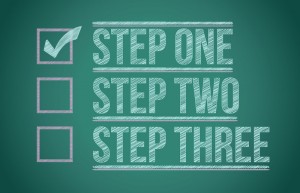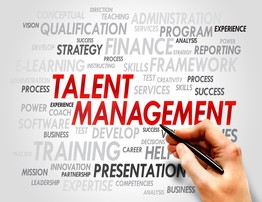 The first step to conducting an effective employee interview begins even before a candidate walks through the door. It starts with a job description.
The first step to conducting an effective employee interview begins even before a candidate walks through the door. It starts with a job description.
Develop a Job Description Screening Tool
Employers should have the job documented, identifying the essential functions, competencies, knowledge, skills and abilities required to minimally succeed and use the description as a pre-screening tool in the application process.
Once candidates have been selected, HRC recommends the employer consider utilizing three interview styles/methods tailored to the particular requirements of the job.
Plan Strategic Interview Questions
Structured Questions
These questions ask the candidate to show how their background, education and skills qualify them to perform a job. For example, “Please describe your specific experience with project management.” This type of question links directly to the job description and to the core values of the company.
Interview Guides
Interviewing employee candidates is a critical element of any hiring process, regardless of the nature of the position. HRC works with you to develop custom interview guides. Contact HR Consults today.
Behavioral Questions
Past performance is the best predictor of future performance and that is why more and more managers are using behavioral-based interview questions. These questions help predict future performance in a job, by asking the incumbent to imagine him or herself in a specific past situation. For example: “Tell me about a time you had six projects on the go. How did you go about managing those projects and what was the result?”
Situational Questions
Finally, an interviewer should include one or two situational questions that relate to a current challenge or opportunity the organization is facing.
Question Carefully! Topics To Avoid
There are questions employers should never ask. One of the most obvious is, “Tell me about yourself.” Not only is it vague, but it also exposes an employer to receive potentially discriminatory information, such as marriage or parental status, information about dependents, personal beliefs or religious affiliation. This could later come back to haunt the employer, if down the road a rejected candidate claims that information shared during the job interview influenced the final hiring decision.
Don’t Forget a Job Fit Assessment
After the interview, the top candidates should complete a job fit assessment that is tailored the job description to ensure suitability. There are many types of assessments that examine different aspects of a person’s behaviors, knowledge, thinking style, verbal and numeric reasoning skill, assertiveness, decision-making skills, accommodation style, and teamwork style to mention a few. Some assessments may be more knowledge-based, measuring thinking style, verbal skills, and numeric reasoning. Candidates would also be asked to answer questions to identify their manageability, assertiveness, objective decision making skills, accommodation style and teamwork style.
Taken together, the result of these assessments will leave an employer with a short list of candidates best suited to fulfill the job vacancy.
Don’t forget that the cost of a poor fit is high. This objective and consistent interview process helps employers compare apples to apples, to maintain compliance, and bring in a candidate who will add value to an organization.

 My Cart:
My Cart:

